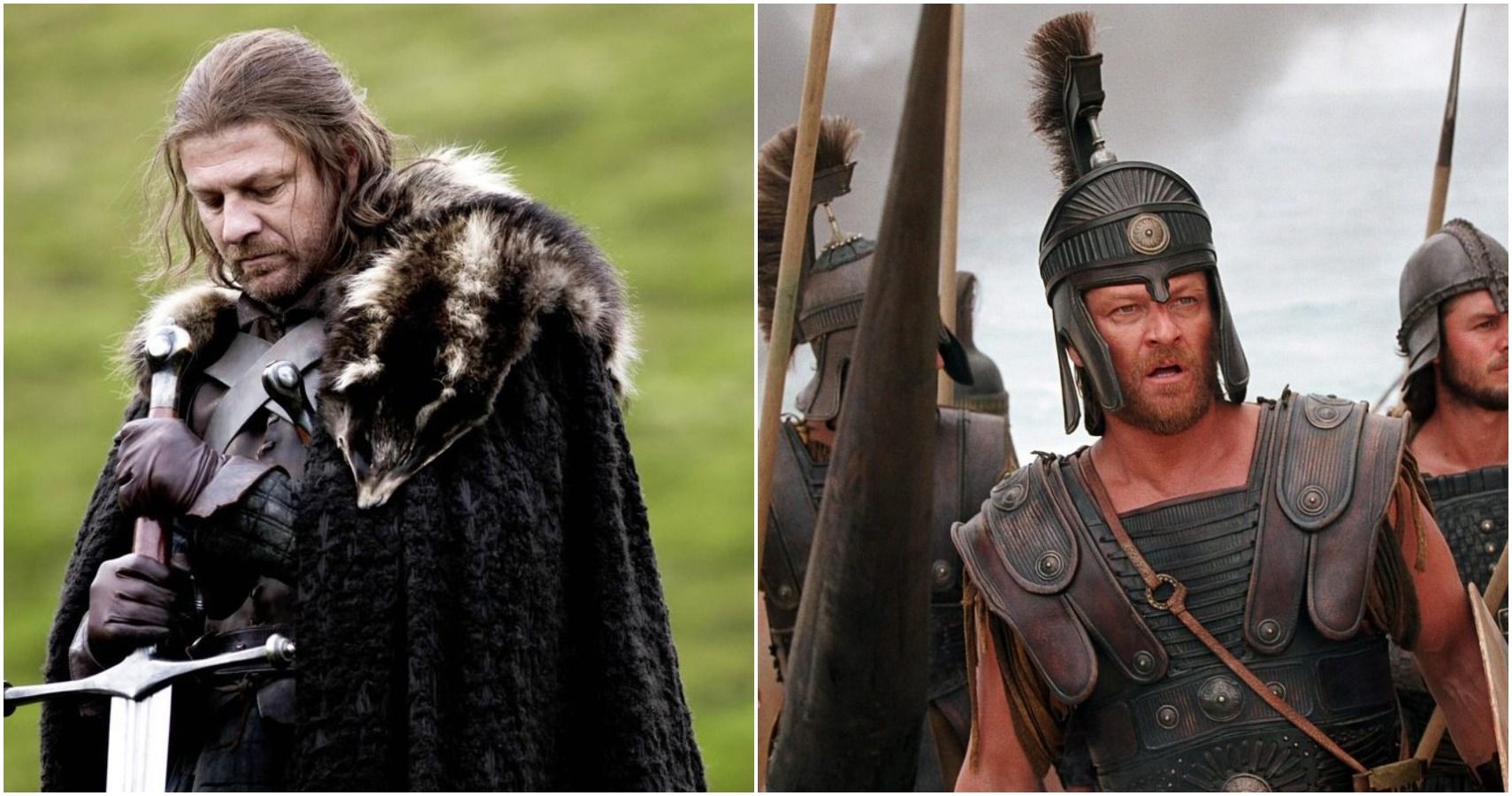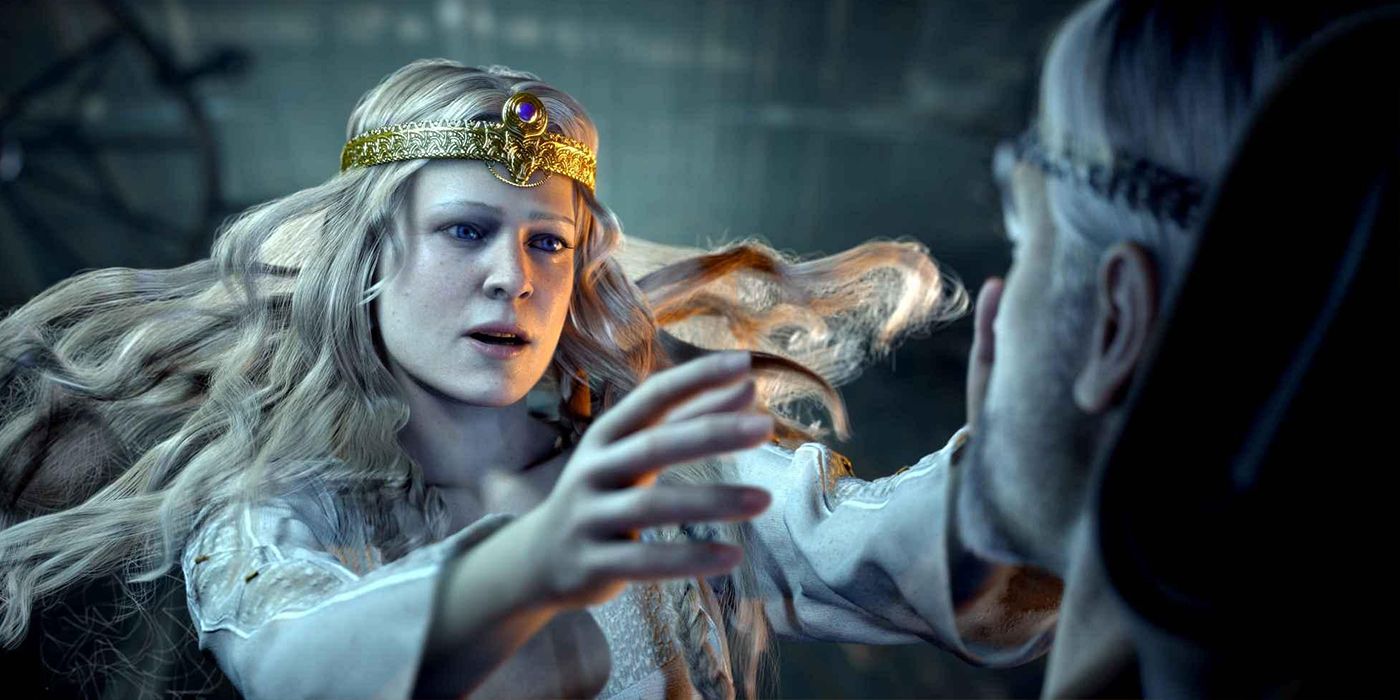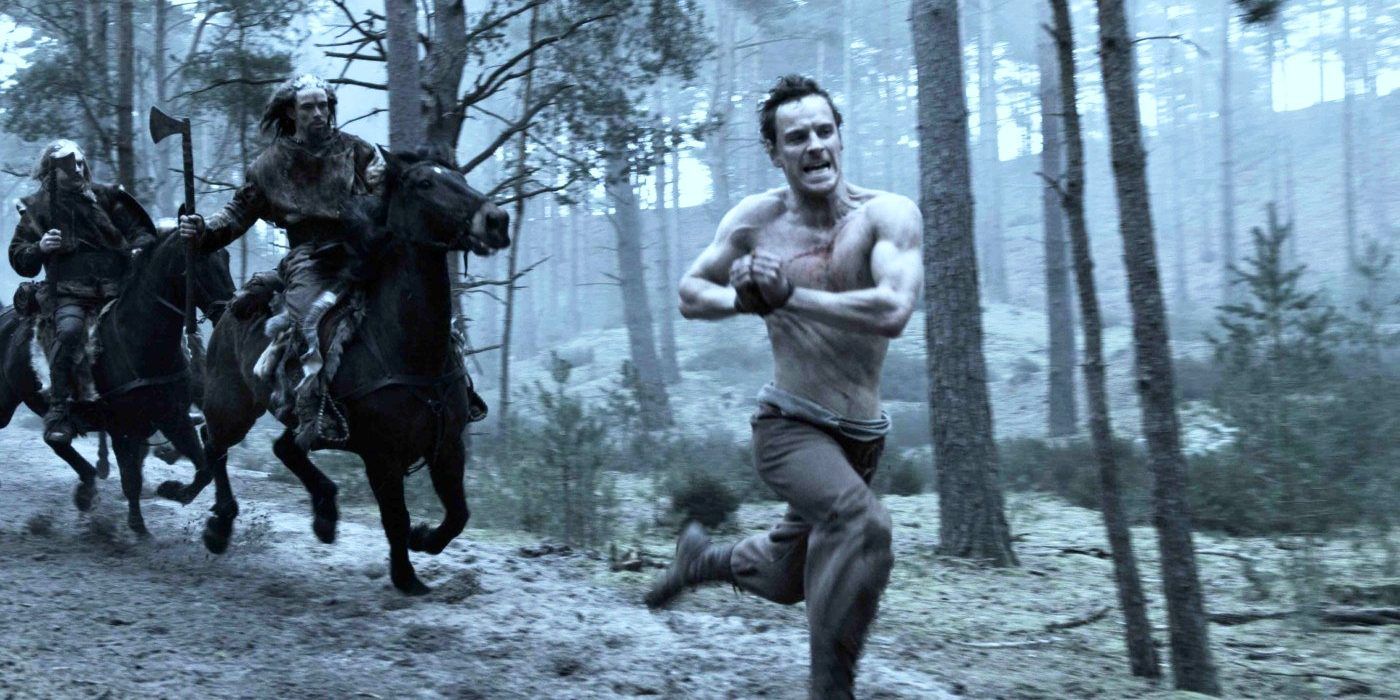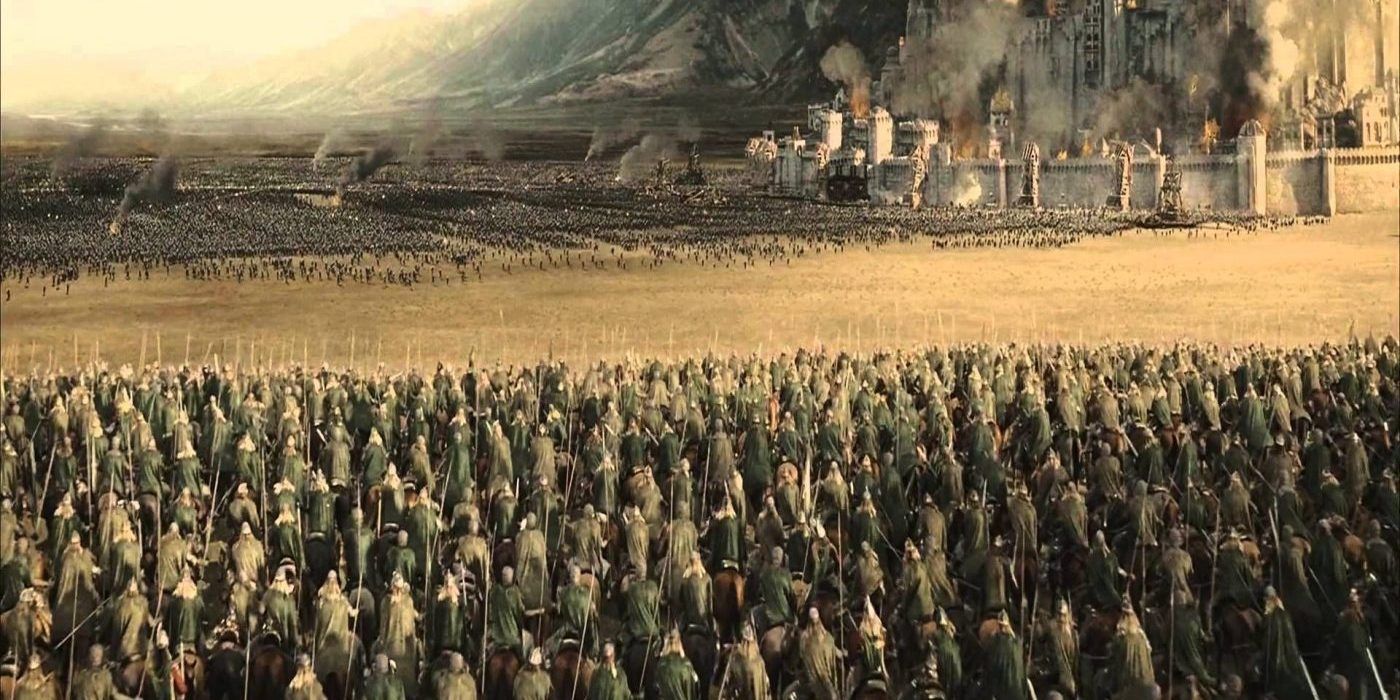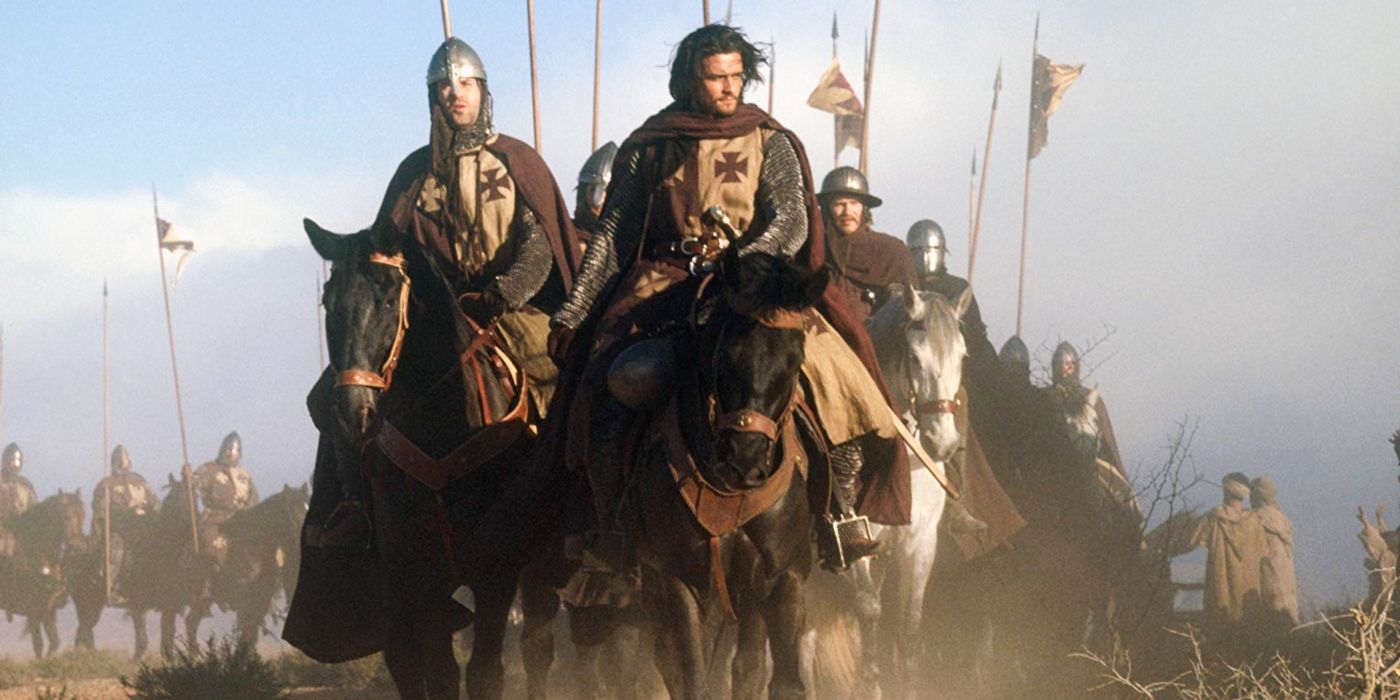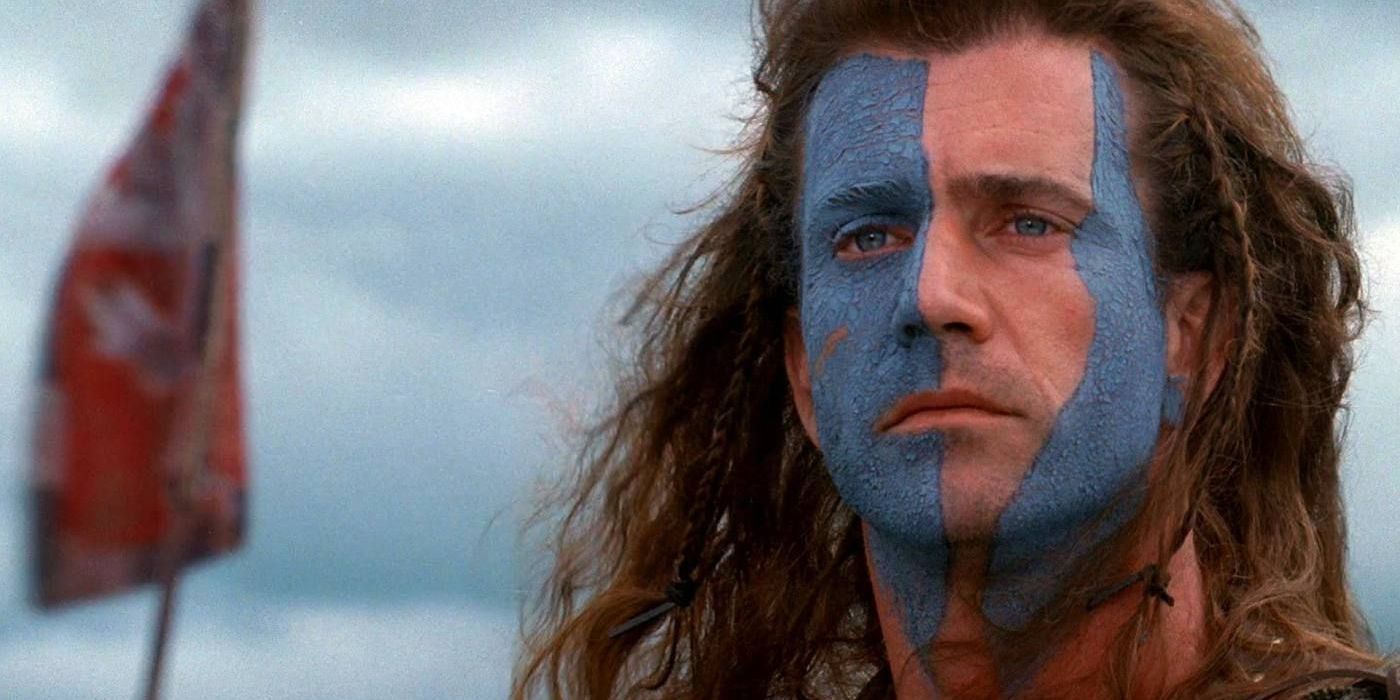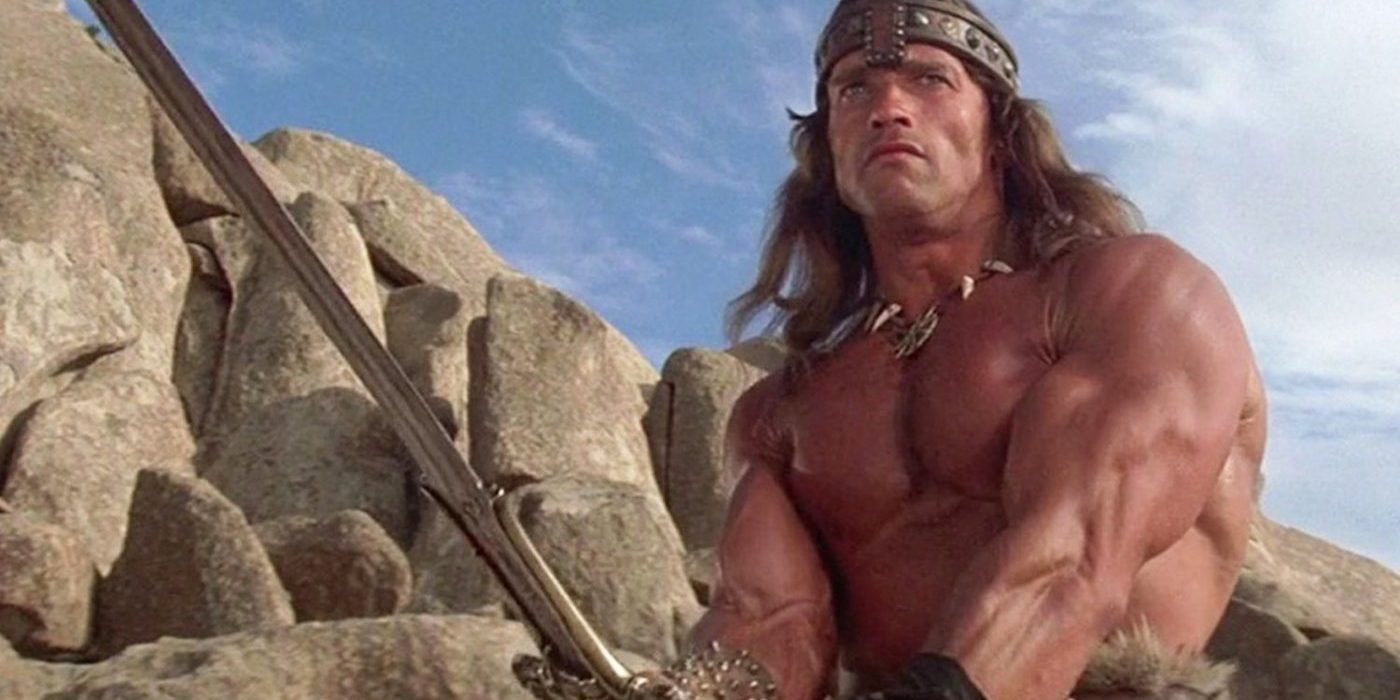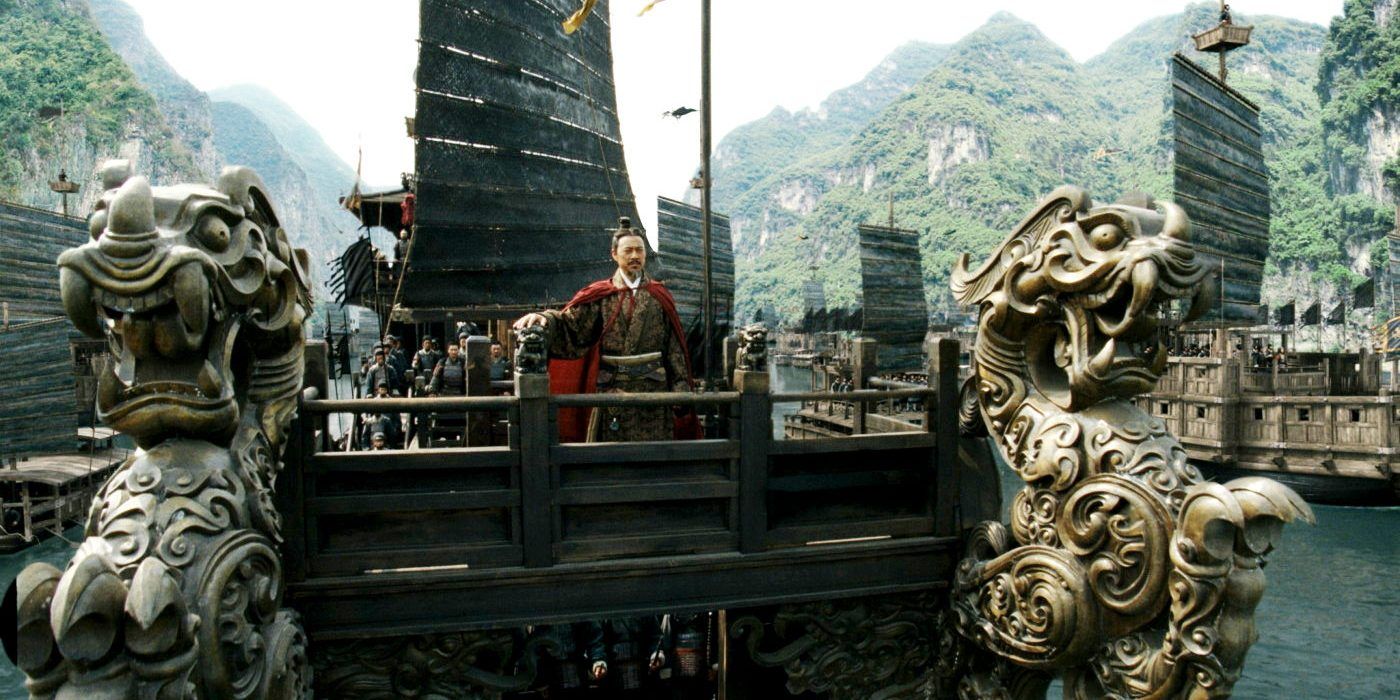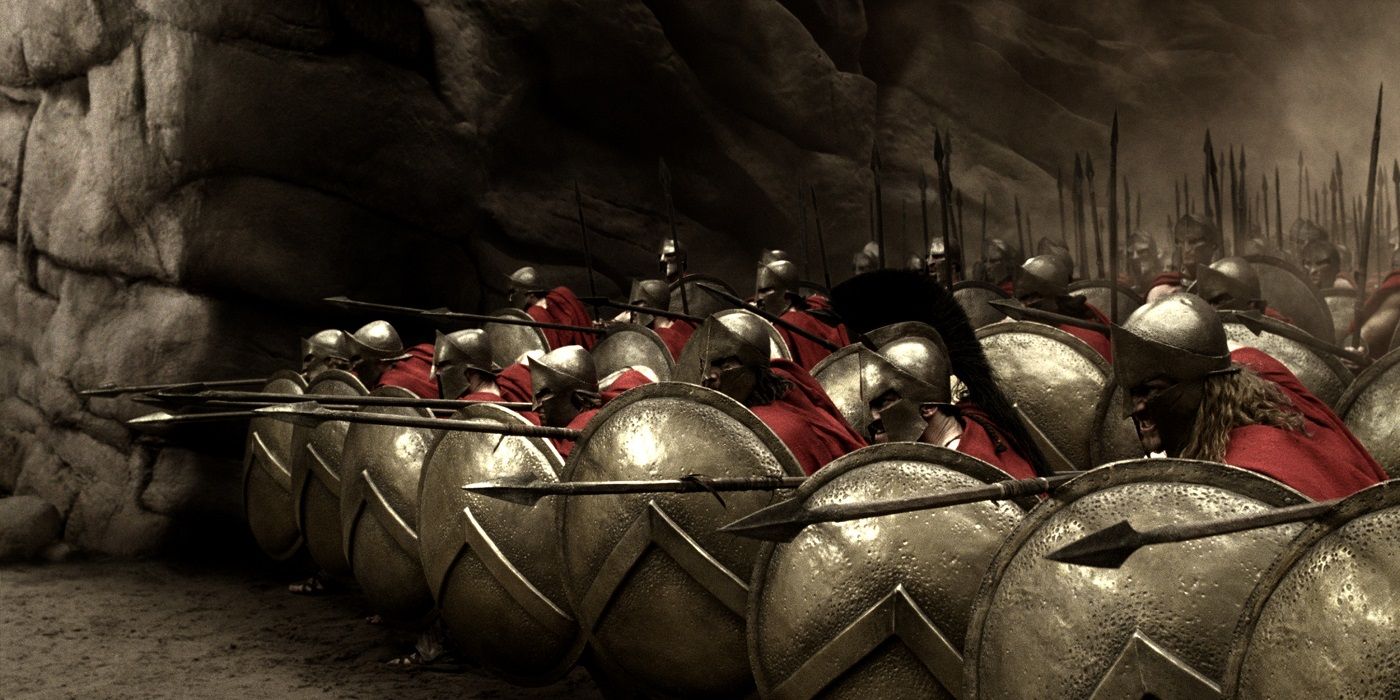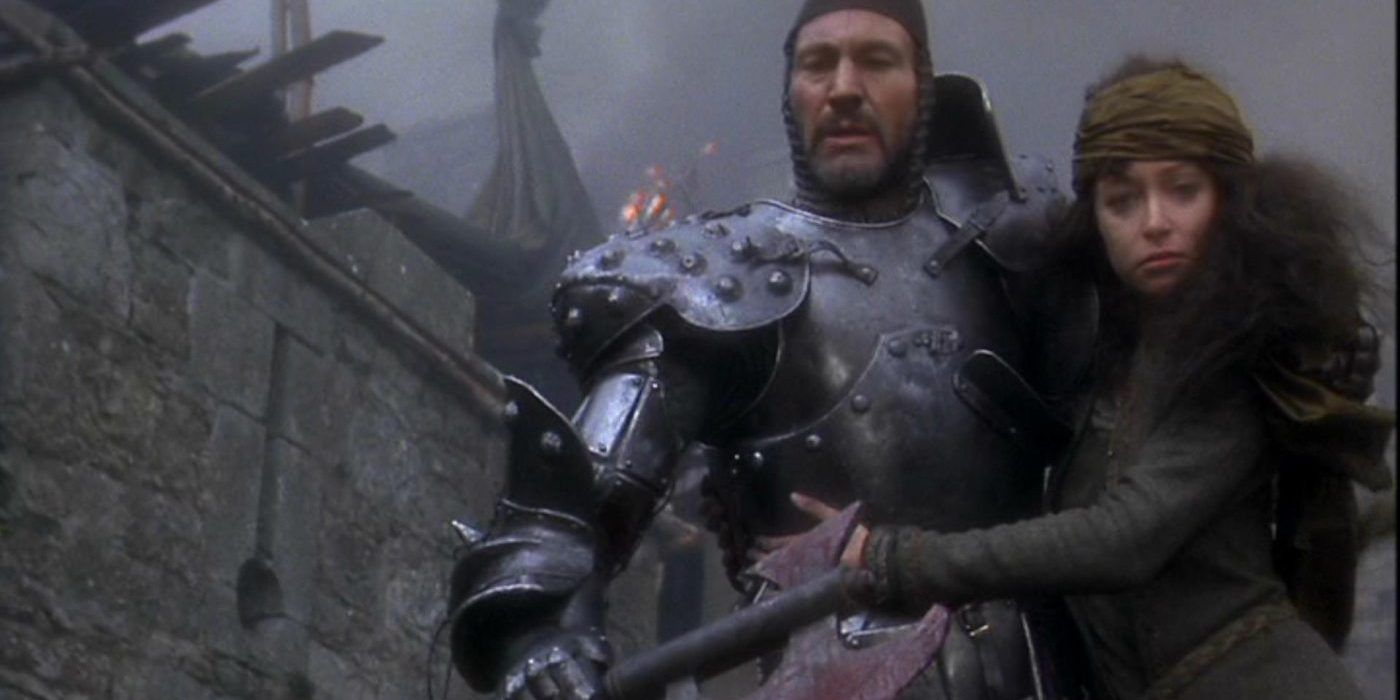While the Game of Thrones finale may have disappointed some fans, there’s no denying the series' overall impact. This show was a financial behemoth, indulging audiences’ unquenchable thirst for blood, nudity, politics and mesmerizing characters. The series featured remarkable actors who embodied the characters of gifted author George R. R. Martin, whose work is always elaborate.
Martin's source material offered up an immersive, lived-in fantasy world that subverted expectations of the genre. Yet it also reimagined many of its tropes in a satisfying way. The show likewise incorporated rich characters and dense plotting, a difficult combination to find elsewhere. However, here are some films that may appeal to those who still miss the hit series.
Beowulf (2007)
This was truly a strange cinematic experiment, which by no means lives up to the adaptation of Martin’s books. Firstly, the mythology of Beowulf itself is very straightforward, mainly chronicling three encounters with deadly beasts. However, it is certainly enriched by the palpable lore of Old English poetry.
The magnetic age of the source material radiates from every scene, and this 2007 film elaborates it in interesting ways. There is sensuality and no shortage of compelling action. The creatives involved include director Robert Zemeckis, and popular writer Neil Gaiman, who worked on the screenplay. This movie may not have much character development or web-like plotting, but the overall atmosphere, edge and action do feel aligned with HBO’s juggernaut series.
Centurion (2010)
Director Neil Marshall’s ability to add insanity and verve to any genre has proven to be consistently addictive. After tackling werewolves and the apocalypse, it made sense for him to explore the sword-and-sandal genre.
Centurion is headlined by Michael Fassbender, who shoulders the drama and action exceptionally well. And the origins of the villainous female character Etain are actually similar to 300: Rise of an Empire’s later character Artemisia. Marshall’s movie is rather underrated, with decent performances and a breakneck pace, blending fun, gore and tragedy surprisingly well. The historical setting feels authentic, and every frame is full of personality and attitude.
Lord Of The Rings: Return Of The King (2003)
This is often considered the pinnacle of The Lord of the Rings, a massively popular addition to high fantasy. Although Middle-earth may lack hardcore sensibilities, its imaginative world feels equally expansive. Everything displays a distinct history and authenticity thanks to the source material’s extensive detail.
The action may not be gritty, but it remains exhilarating nonetheless, and acts with necessary purpose rather than exploitative spectacle. And the myriad of creatures, such as the ghost army, also feel on point. The visualization itself is also up to par, with creative designs and convincing CGI. But most importantly, the franchise's epic runtimes allowed the characters to evolve and earn genuine investment by the third film.
Kingdom Of Heaven (2005)
The Crusades are precisely the kind of historical setting that fit the mold for Game of Thrones fans. This Ridley Scott epic boasts numerous stars, elaborate action sequences, and richer plotting than many of its peers. The protagonist can feel like something of a trope at times, but there is certainly a welcome interest in his motivations and development. The nature of the historic war is touched upon, adding compelling layers and religious themes.
Simply put, Kingdom of Heaven's plot is not merely a vehicle for a series of battle sequences, but quite the opposite. That character-driven approach, in addition to the serious tone, authentic bloodiness and religious elements, should provide a likable atmosphere for those missing the complexities of Game of Thrones.
Braveheart (1995)
This famous historical epic is probably the farthest one can get from HBO’s fantasy series without losing the beloved sensibilities. The two works share extensive character development, meaningful battle sequences with heavy blood, and political intrigue. There are a number of twists and tragedies in Braveheart, with multiple traitors and complex motives.
This game of chess also offers iconic performances throughout. Like the previous selection listed, the weight of history is especially magnetic, culturally brimming, and poetic. Such a thing is fitting enough, because Game of Thrones takes itself so seriously. Director Mel Gibson’s story runs about three hours, and spans years of a compelling, tragic life.
Conan The Barbarian (1982)
This fantasy adventure is a great deal of fun, and fueled by a dense mythology that Marvel Comics always provides. True, Arnold Schwarzenegger hasn’t been one for touching drama, but this film is truly of its time — hazy and bold, bloody and gratuitous. A remarkable exercise in excess, this movie demonstrates a genuine understanding and love of the fantasy genre.
The source material developed a world just as rich as any preceding myth in history. The plot may not be convoluted — quite the contrary — but its tone, violence and detailed worldbuilding are a perfect fit.
Red Cliff (2008)
This is simply one of the most elaborate displays of strategic war on film. It’s directed by none other than John Woo himself, whose prowess in the action genre overseas earned him Hollywood acclaim — he even contributed to the Mission: Impossible franchise. But this epic was inspired by the Three Kingdoms period of China’s history.
Even without the essential sequel, Red Cliff explores cunning leaders and acrobatic warriors with a heightened sense of reality. The cast is quite large, corresponding with the grandiose story, grounded by interesting drama and characters. The battles are well-earned, and certainly bloody enough.
Troy (2004)
Troy is a superb balance of tragedy, convincing drama, philosophy and religion. Yet there is no shortage of graphic war scenes and nudity, which indulge a primal sense of theatricality. Inspired by Homer’s unforgettable poetry, this adaptation removes the divine and instead focuses on the harsh realities of war — although, there are still traces of fantasy, such as the apparent clairvoyance of Achilles’ mother.
Greek mythology and the like are a distinctly powerful influence on stories like Game of Thrones. They are romantic and incorporate fantasy, yet approach their drama with decisive seriousness and poignancy. This star-studded film is arguably the best adaptation of a Greek myth, and its runtime is hardly felt. Broad themes of love, inevitable tragedy, tradition and honor create an elaborate, tangible world.
300 (2007)
Maintaining strong influence from the potent imagery of Frank Miller’s enduring comics, the tone of this film invoked countless imitators. Many entries in the genre that followed were beholden to 300’s ferocity, machismo attitude, and visual exaggeration.
The film includes Lena Headey herself, features intense bravery, bureaucratic corruption — and, naturally, unrelenting bloodbaths. Everything is centered on the Battle of Thermopylae, perhaps the most famous example of strategic war and courage. This film is an underdog story, yet it also permanently cemented the Spartans as some of the most powerful soldiers in history.
Excalibur (1981)
Excalibur is the perfect blend of everything Game of Thrones fans have come to enjoy. The elements of fantasy are agents of drama, treachery and royal politics. The violence does not hold back, so do not be fooled by the lesser MPAA rating. This film was made in 1981, and lives up to corresponding expectations. The sexuality is certainly graphic, with plenty of raw nudity and even incest, which provided the shocking end of Thrones’ series premiere.
The story of King Arthur has been retold many times, but this particular blend of sword and sorcery is successful in every regard. All others in the genre must be compared to this adventure, a timeless legend with all the intrigue, war, fantasy and religion that one could desire.

